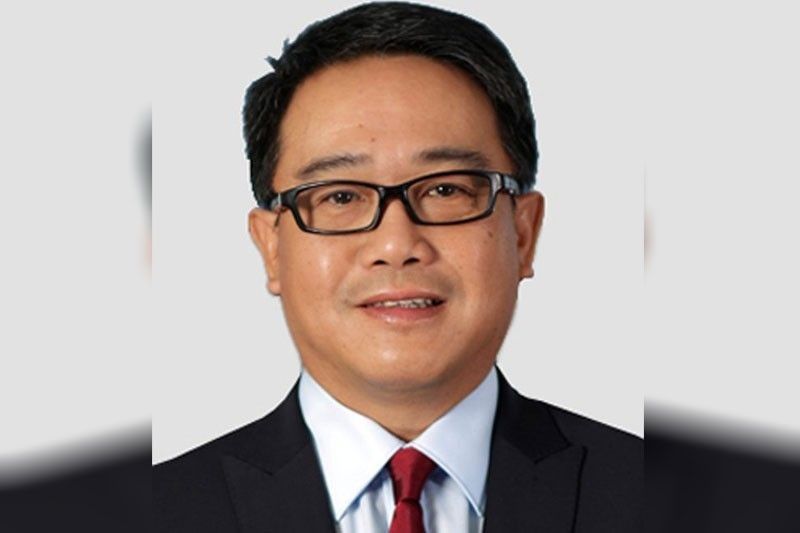Higher penalties sought for counterfeiting, piracy

MANILA, Philippines —The Intellectual Property Office of the Philippines (IPOPHL) wants higher penalties to be imposed on counterfeiting and piracy as part of the proposed amendments to the Intellectual Property Code.
IPOPHL director general Rowel Barba said in a press conference that the agency has bee pushing to amend the IP Code to update the law and be more responsive to technological developments.
“The IP Code is already 27 years old and it was adopted during the time when online was not yet present,” he said.
Among the amendments being pushed is to increase penalties to deter counterfeiting and piracy.
Barba said the IPOPHL wants to double the penalty, especially for those that affect or endanger life and health of Filipinos.
Under the IP Code, those found guilty of reproduction, counterfeiting, copying or imitation of a registered mark face two to five years in prison and fines ranging from P50,000 to P200,000.
Copyright infringement, meanwhile, is punishable by imprisonment ranging from one year to nine years and a fine ranging from P50,000 to P1.5 million, depending on the value of infringing materials and number of offenses.
As part of the amendments to the IP Code, Barba said the IPOPHL also wants to institutionalize the National Committee on IP Rights (NCIPR), an interagency body responsible for crafting and implementing plans and policies as well as strengthening the protection and enforcement of IP rights in the country.
The NCIPR is chaired by the Department of Trade and Industry (DTI), with the IPOPHL as vice chair.
Its members are the Department of Justice, Bureau of Customs, Food and Drug Administration, National Bureau of Investigation, Philippine National Police, Optical Media Board, National Book Development Board, Office of the Special Envoy on Transnational Crime, Department of the Interior and Local Government, National Telecommunications Commission, Department of Information and Communications Technology, Bureau of Internal Revenue and the Bureau of Immigration.
The IP Code also needs to be amended to comply with the Philippines’ international commitments such as the protection of sound marks as provided in the Regional Comprehensive Economic Partnership agreement.
Earlier this week, Trade Secretary Alfredo Pascual said the DTI is pushing for amendments to the IP Code as part of efforts to promote the growth of startups.
“To support the startups, we need a strong IP law,” he said.
He said he hopes to present to President Marcos the proposed amendments to the IP Code soon.
- Latest
- Trending





























